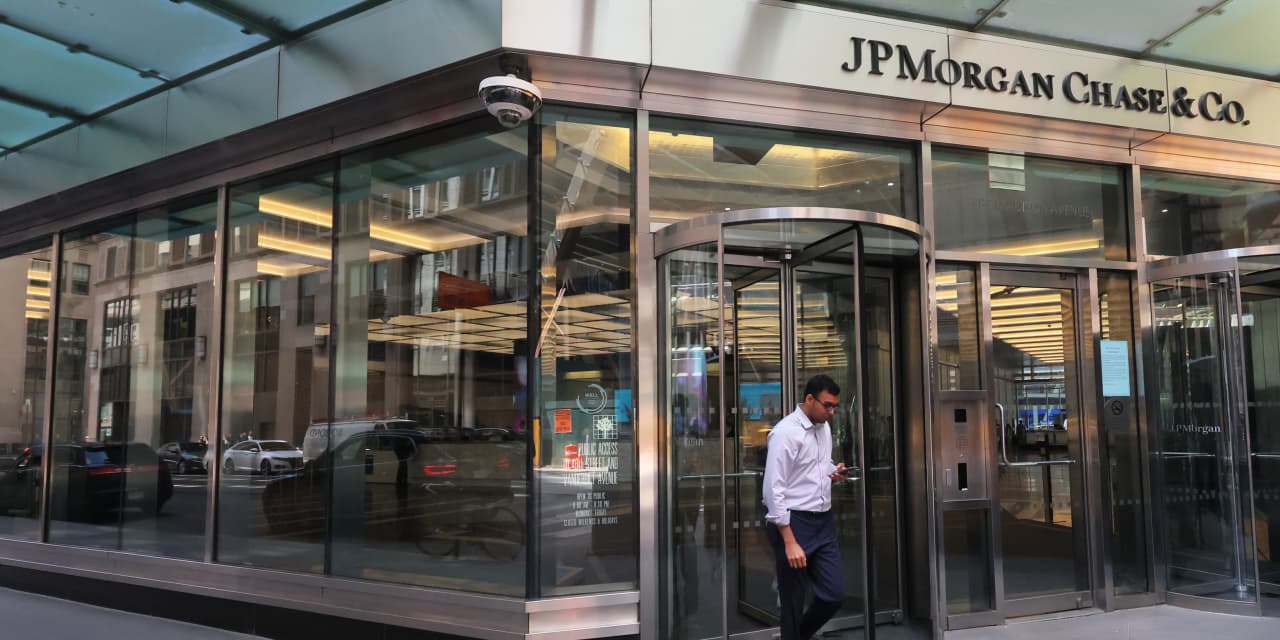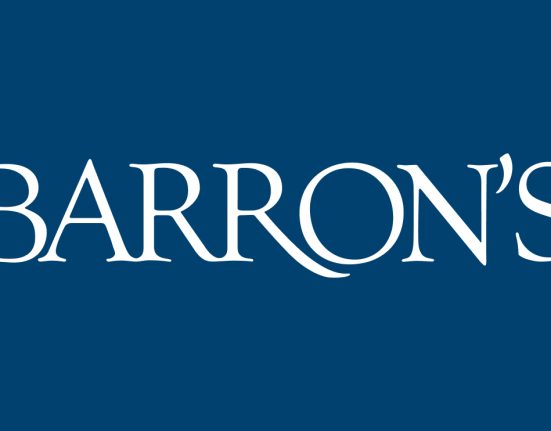Commission-based “load” mutual funds and the financial advisors who still sell them seem passé, like riding a horse and buggy to reach your investment goal instead of a zippy new exchange-traded fund.
Yet there are excellent load funds run by top fund managers at big shops. Of the 10 largest mutual fund families, six have extensive stables of load mutual funds—American Funds, J.P. Morgan, Franklin Templeton, Pimco, MFS, and BlackRock. And many online brokers have quietly waived the commissions to purchase them.
By law, the maximum sales fee a load fund can charge is 8.5% of your investment, although most charge in the 3% to 6% range. Funds also trim commissions for higher investment levels.
Still, there’s usually no reason to pay any commissions if all you want is access to the fund and not financial advice. Charles Schwab, Fidelity, E*Trade, Ally Invest, Firstrade, and Interactive Brokers all waive the loads on many of the most popular funds.
Consider the A share class of the $26 billion
fund. It has beaten the
and 94% of its peers in Morningstar’s Large Blend fund category in the past five years with a 16.1% annualized return—and it carries a 5.25% load.
Advertisement – Scroll to Continue
Yet if you plug in the JPMorgan fund’s JUEAX ticker symbol at E*Trade, you’ll see “Front-end Load Waived” on its profile page. E*Trade began offering all of its warehouse of 4,194 mutual funds—2,283 of which normally carry loads—for no transaction fees at the end of 2022. This is more attractive for both investors and fund companies competing on E*Trade’s platform against low-cost ETFs.
“Retail investors in general are very cost-conscious,” says Chris Larkin, E*Trade’s managing director of trading and investing. “It’s been that way for a long time, but since we’ve gone to zero commissions, it’s become even more evident that there’s an expectation from the retail investor that things are free. For load funds, becoming like a no-load fund is just a better way for them to attract more assets.”
Even without loads, mutual funds’ internal management fees are usually higher than ETFs, but sometimes those fees are worth paying. “Clients are very familiar with ETFs,” Larkin says. “But some do look for star managers. If there’s a star manager that they might only have the ability to get through a load [fund], they’re willing to pay for that.”
Of the biggest load-fund families, the $1.7 billion
Advertisement – Scroll to Continue
ranks the best in the past five years, beating 99% of its peers in Morningstar’s High Yield Bond fund category. (Brandywine Global is a subsidiary of Franklin Templeton.) It has also beaten the category average return every calendar year since its 2015 inception. It carries a 3.75% load that’s waived at many brokers.
Still, even with a star load fund, it’s worth investigating whether there are cheaper ETF alternatives. For instance, though the $78 billion
has an excellent record, the
ETF has a lower 0.44% expense ratio and a similar investment style.
What if you need financial advice? You’re still better off not hiring an advisor compensated by loads. High commissions can cause conflicts of interest, incentivizing advisors to trade their clients’ funds to collect more commissions—a practice known as churning the portfolio. Many advisors now charge a flat hourly rate or a percentage of assets under management instead to avoid this conflict.
“To justify a load, you’ve got to be an advisor that is bringing five percentage points’ worth of value,” says Don Montanaro, president of Firstrade, referring to the cost of the load. “It’s untenable. It’s really older clients in private-banking relationships who really aren’t paying attention that are still paying loads these days.”
Advertisement – Scroll to Continue
Email: editors@barrons.com







